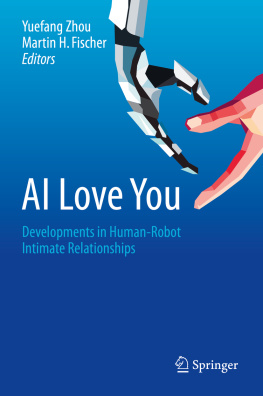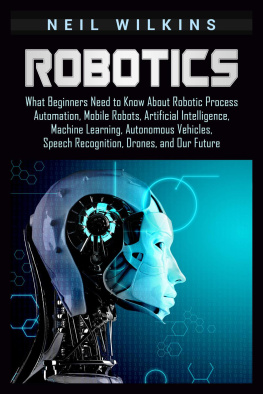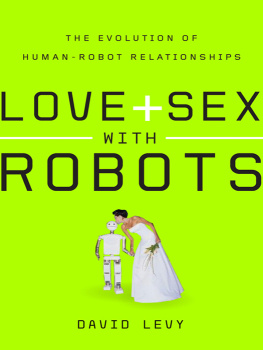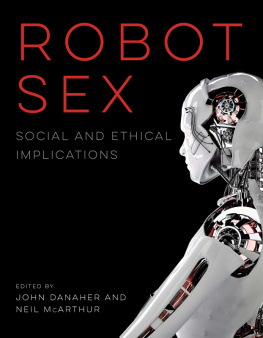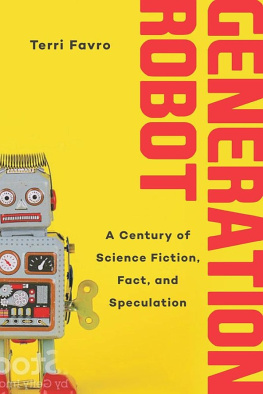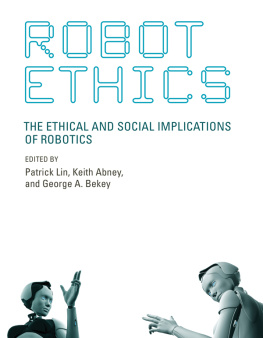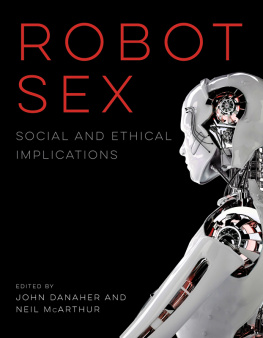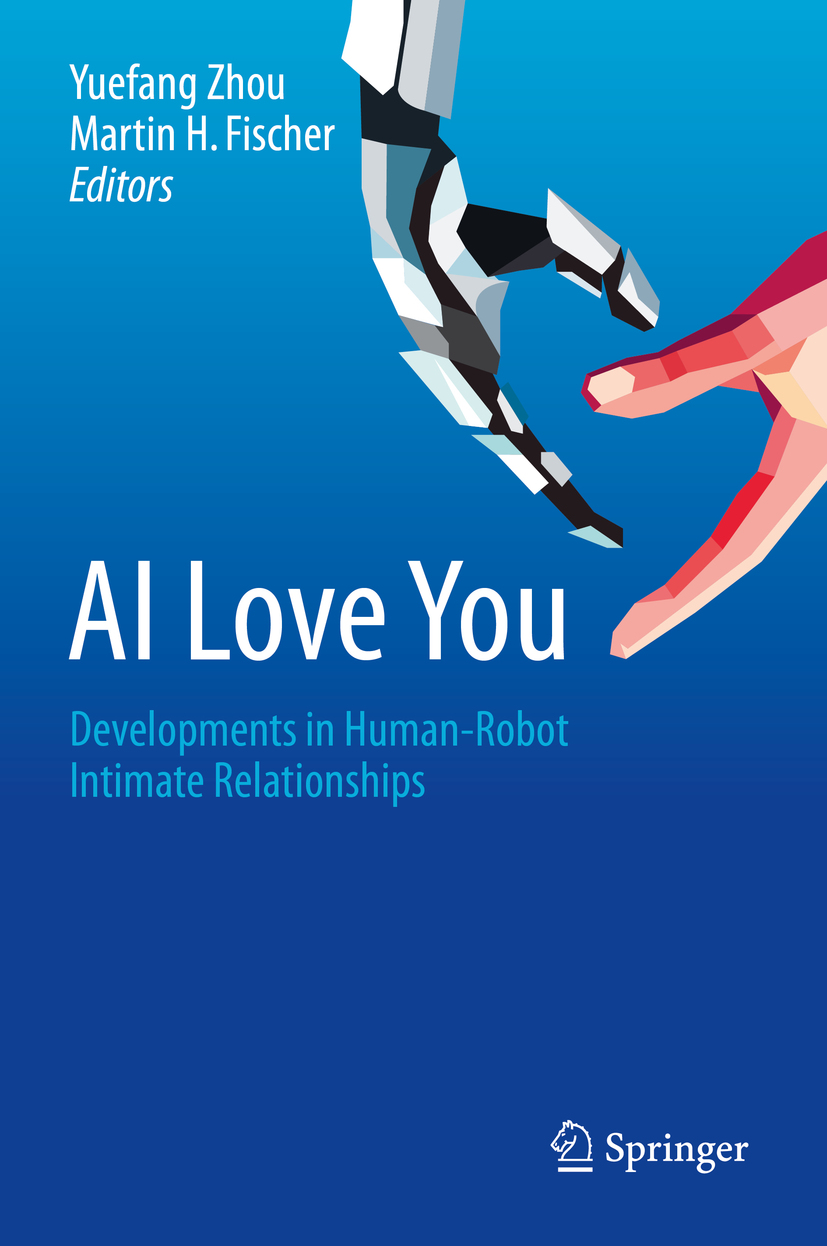Editors
Yuefang Zhou
University of Potsdam, Potsdam, Germany
Martin H. Fischer
University of Potsdam, Potsdam, Germany
ISBN 978-3-030-19733-9 e-ISBN 978-3-030-19734-6
https://doi.org/10.1007/978-3-030-19734-6
Springer Nature Switzerland AG 2019
This work is subject to copyright. All rights are reserved by the Publisher, whether the whole or part of the material is concerned, specifically the rights of translation, reprinting, reuse of illustrations, recitation, broadcasting, reproduction on microfilms or in any other physical way, and transmission or information storage and retrieval, electronic adaptation, computer software, or by similar or dissimilar methodology now known or hereafter developed.
The use of general descriptive names, registered names, trademarks, service marks, etc. in this publication does not imply, even in the absence of a specific statement, that such names are exempt from the relevant protective laws and regulations and therefore free for general use.
The publisher, the authors, and the editors are safe to assume that the advice and information in this book are believed to be true and accurate at the date of publication. Neither the publisher nor the authors or the editors give a warranty, express or implied, with respect to the material contained herein or for any errors or omissions that may have been made. The publisher remains neutral with regard to jurisdictional claims in published maps and institutional affiliations.
This Springer imprint is published by the registered company Springer Nature Switzerland AG.
The registered company address is: Gewerbestrasse 11, 6330 Cham, Switzerland
Preface
As we move headlong through the twenty-first century and into the future, achievements in artificial intelligence (AI) continue at an exponential speed. AlphaGo, AlphaGo Zero, and AlphaZero algorithms have already defeated the best human game players in the world (Silver et al., 2016, 2018). Within this rapid transformation, our relationships with digital technologiesand, consequently, with ourselvesare also undergoing a fundamental transformation. Under this transformation, we are, for the first time in human history, forced into the position of redefining the boundaries of human desire, as technological advancements create new possibilities for human sexuality.
Science fiction writers have long whetted our appetite for wonder. Today, some of our most advanced intelligent machines, their minds equipped with AI and their bodies made from life-like silicon and frubber , are gradually stepping into our private sphere of life (Nature, 2017). Dreams of forever in love and instant sexual gratification have never looked so close to reality as at the present time. Consider Harmony , the female companion robot made by the Realbotix company, whose body and personality can be tailor-made to suit whatever personal needs and sexual preferences we wish see the chapter Living with Harmony: A Personal Companion System by Realbotix) or the hologram girls who can be made permanently available to satisfy their owners emotional needs and desires see the chapter Hologram Girl).
As we continue to explore the road towards a sexual future with robots, many central questions are calling for urgent empirical answers. Is the current, or near-future, technology capable of simulating genuine loving and sexual relationships between humans and intelligent machines? To what degree are we prepared to accept the idea of developing intimate relationships (i.e. emotional attachment and sexual interaction) with artificial partners? What are the potential benefits and likely challenges to individuals and to society as a whole if we engage in loving and sexual relationships with artificial partners? What role(s) will empirical research play in understanding this emerging phenomenon? This book sets out to provide the philosophical, technological, and psychological tools to better consider some of these important questions.
In recognition of this urgent need to discuss and resolve questions around the future of artificial emotional intelligence, we recently organized an international workshop on the theme of human-robot intimate relationships. The workshop was held at the University of Potsdam in Germany on the 8th December 2017. It brought together an interdisciplinary team, including psychologists, philosophers, computer scientists, ethicists, and clinicians, as well as interested members of the general public, to discuss the questions listed above. The workshop has served as a first serious attempt to respond to the urgent call disseminated in a Nature editorial (2017) to conduct empirical research so that public debates around this topic can be more evidence-based.
This book builds on the presentations delivered at the workshop. It aims to present the most up-to-date theoretical and technological understandings of human-robot intimate relationships, as well as associated potential benefits and likely consequences. The book is divided into five parts.
Part I deals with the topic of how we interact with artificial partners. Drawing evidence from media psychology, sexual sciences, and social sciences, broadly, the Sexual Interaction Illusion Model is introduced in the chapter Negative and Positive Influences on the Sensations Evoked by Artificial Sex Partners: A Review of Relevant Theories, Recent Findings, and Introduction of the Sexual Interaction Illusion Model to describe key psychological concepts in sexual interactions with artificial entities. The chapter Intentionality but Not Consciousness: Reconsidering Robot Love takes a philosophical perspective on the mind, in that robots can be viewed as having intentionality, but not consciousness, to defend the possibility of robot love. The chapter The Use of Social Robots and the Uncanny Valley Phenomenon discusses, from a psychological perspective, the causes and possible effects of the uncanny valley phenomenon on human-robot interaction in a social domain. These first three chapters in Part I provide the reader with a number of theoretical approaches to understand the nature of our social interaction with robots.
Part II addresses the issue of technological readiness to enable humanoid robots to take on the role of our artificial partners. The chapter Living with Harmony: A Personal Companion System by Realbotix introduces the example of a personal companion system, the previously mentioned Harmony from the Realbotix company, by detailing its current and near-future state of technological development and user experiences. The chapter Readable as Intimate: Toward a Conceptual Framework for Empirical Interrogation of Software Implementations of Intimacy investigates the possibility and challenges of simulating a compelling human-machine affective interaction. In contrast with the sentiment of the previous chapter, the authors argue that the current and near-future technology is not sufficiently ready to simulate intimacy if it were to include mutual self-disclosure and vulnerability over time. The chapter From the Mind to the Cloud: Personal Data in the Age of the Internet of Things explores the challenges of personal data protection in the age of the Internet of Things (IoT). Drawing parallels between examples from autonomous driving and social robotics, the authors discuss whether or not social robots should be considered autonomous intelligent agents while the challenge of personal data control and protection continues.

